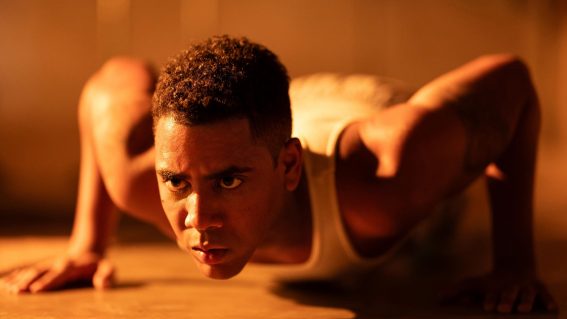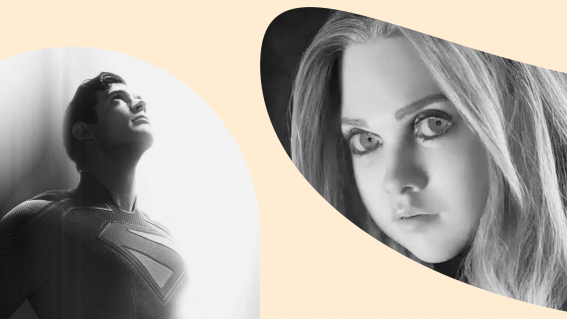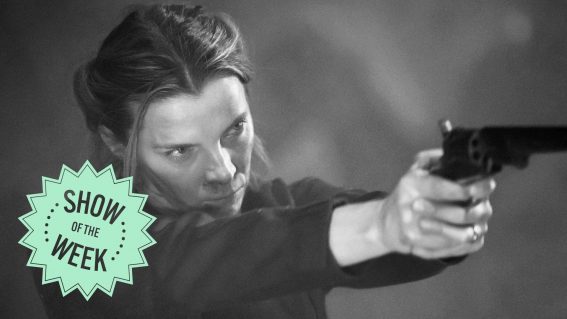From Lucille Ball to Mary Tyler Moore, Funny Woman honours TV comedy’s trailblazing women
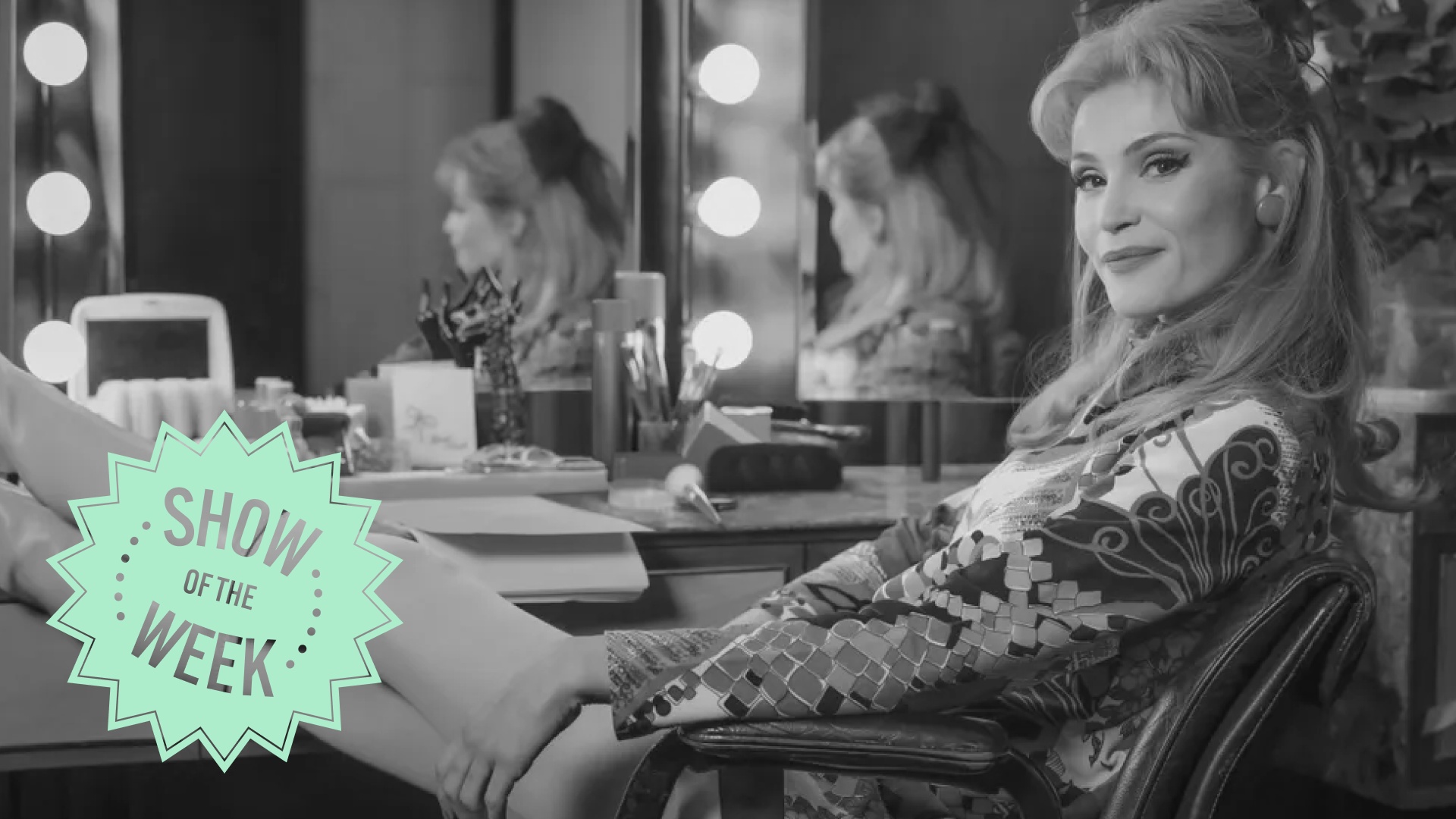
Clarisse Loughrey’s Show of the Week column, published every Friday, spotlights a new show to watch or skip. This week: Funny Woman, the 1960s-set TV series (about TV series) starring Gemma Arterton.
Funny Woman finds its own way to crush expectations on how engaged, intersectional feminism should conduct itself. Morwenna Banks’s adaptation of Nick Hornby’s 2014 bestseller, expanded now beyond the book into a second series, is set within the television comedy scene of the Sixties. Its protagonist is a working class Blackpool beauty queen, now sitcom star, named Barbara Parker (Gemma Arterton), better known to her fans as Sophie Straw.
Fresh from a stint switching on the Blackpool lights, Barbara returns to her London digs, shared with roommates and feminist comrades Diane (Diane Lewis) and Marjorie (Alexa Davies), on a whirlwind of Mary Quant glamour. Barbara always look beautiful, in her PVC jackets, newsboy caps, bouffant hair, delicate pastels, dainty bows, and pointed boots. And she moves through the world like she’s skipping across clouds.
Immediately, you understand why she’s managed to get as far as she has, as the star of Barbara (and Jim). When she’s coerced into putting on a show for the pub regulars, her smiles are easy, her jokes mischievous, and heart enormous. She’s a natural born talent. That’s a real credit to Arterton’s performance, and also to the highly specific tone both she and Banks have set with their show.
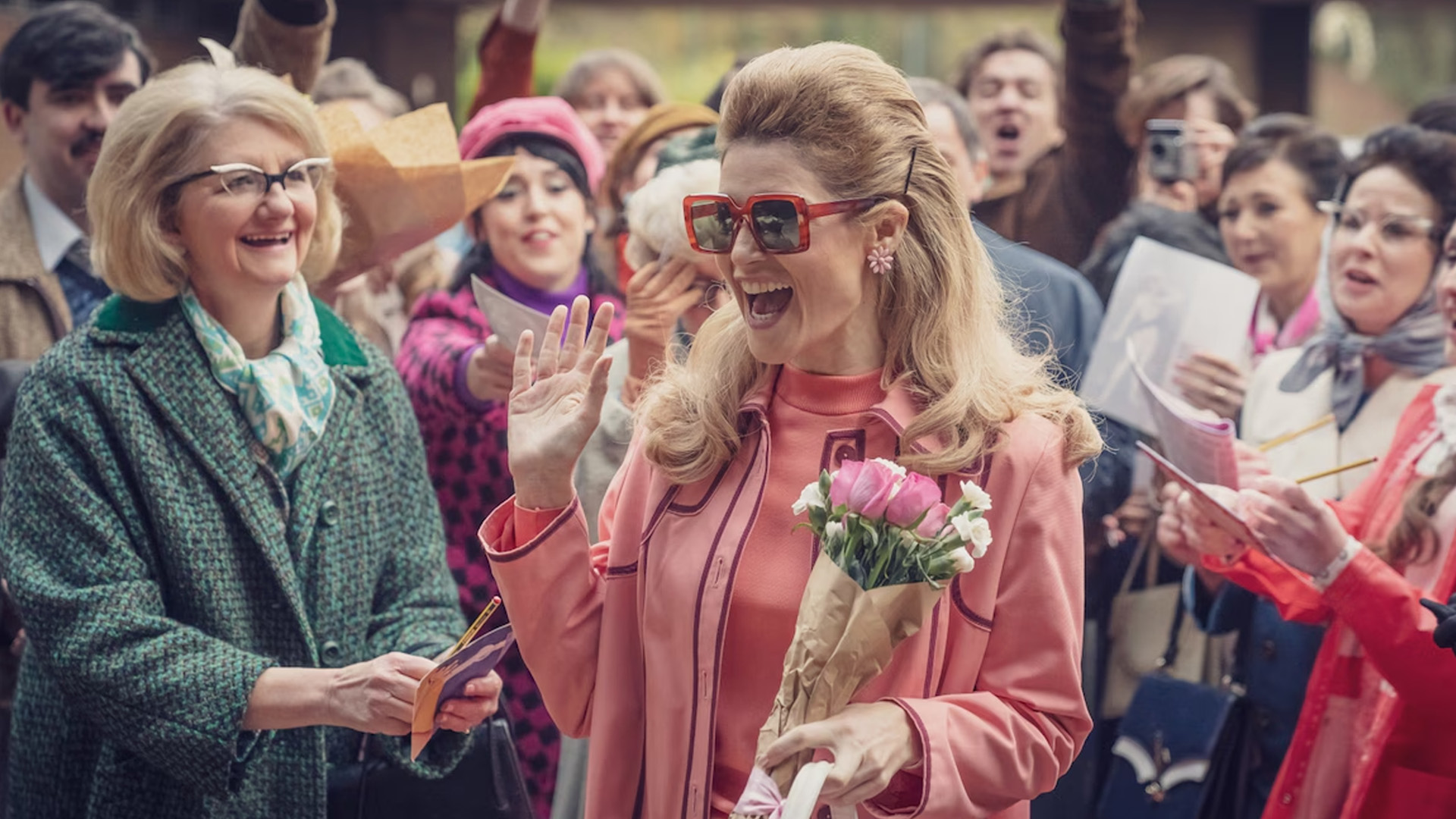
Barbara may project an image of girlish giddiness to the world, but her morals are clear-cut and solid, and the show’s light-hearted tone doesn’t impede on its ability to engage earnestly with the topics at hand. Across its four episodes, Funny Woman tackles misogyny in the professional, legal, and personal spheres; the intersection of race and gender; homophobia; the lack of opportunity for working class talent; general classism and elitism in the arts; the gender pay gap; the difference between being materially working class and coming from a working class background; and even the hypocrisy of the police force.
All these issues, of course, exist within the show’s historical context, but they’re hardly irrelevant to now. And there’s a neat throughline about how Barbara’s show of confidence and success, the Sophie Straw of it all, actual impedes her ability to share the burdens of her private life with her closest friends and current love interest (Arsher Ali’s unfortunately still very married Dennis Mahindra). The brilliant Olivia Williams turns in a tender, pained performance as Barbara’s absent mother, Gloria. It’s just that the world outside of these two people apparently can’t imagine what might lie behind fame and its privileges.
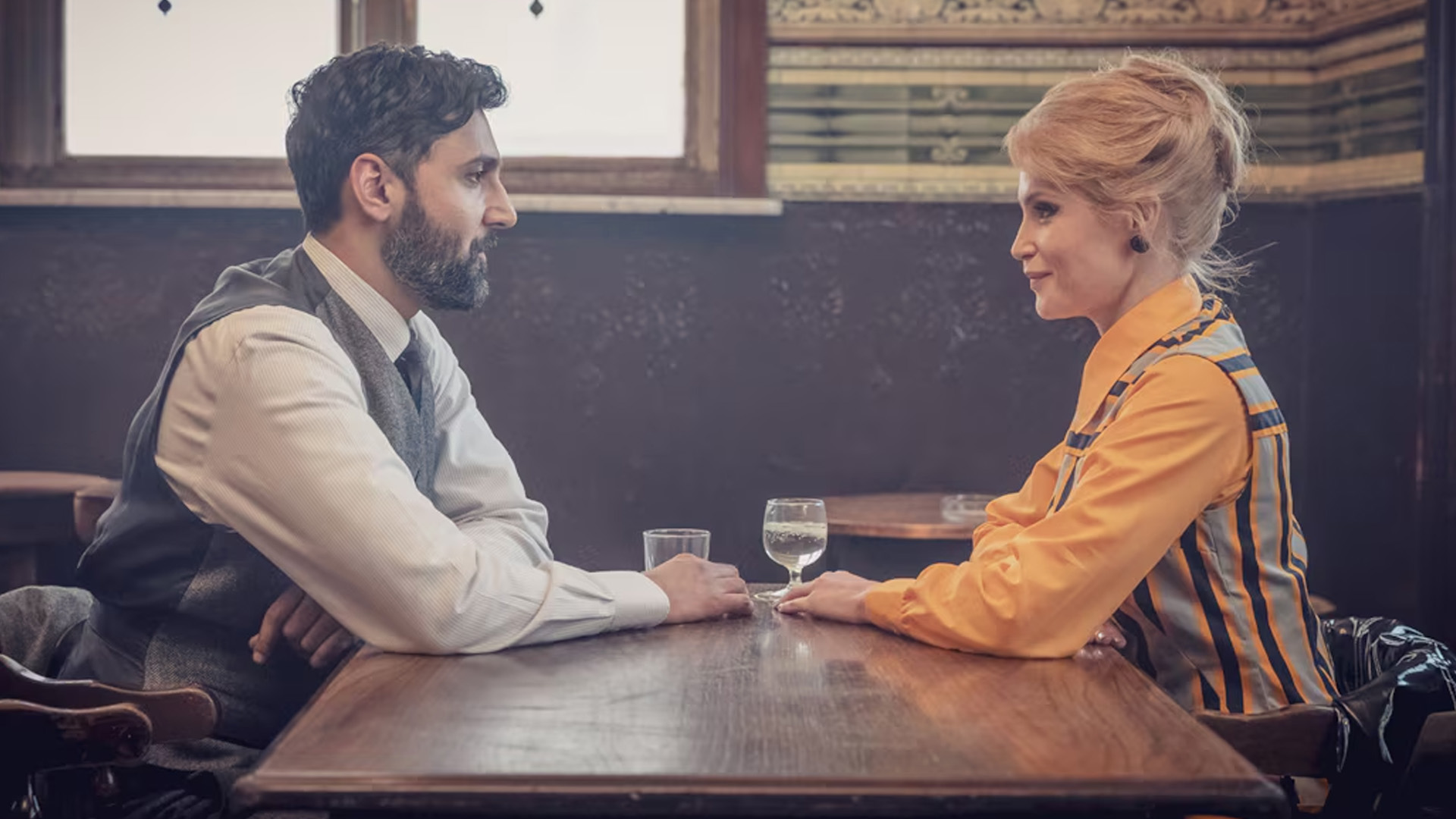
There’s a sweet, if quiet, victory implied within Funny Woman. Barbara Parker may be fiction but she, like her American counterpart Mrs Maisel, pays tribute to every frontier woman of the comedy scene, from Lucille Ball to Mary Tyler Moore—it’s notable they’re both American, since Hornby was originally inspired to write his book as an expression of exasperation at how women were forced to take a backseat in the slow-to-progress arena of British comedy, beyond what Hattie Jacques, Barbara Windsor, and Amanda Barrie may have achieved in the Carry On movies.
Yet, Funny Woman is a reminder that, as cynical as it’s easy to be about the current state of television, so much has been achieved by the women who have worked tirelessly to be seen and heard. And now a woman as brilliant, fiercely intelligent, and complex as Barbara Parker has the freedom to thrive on our screens.







